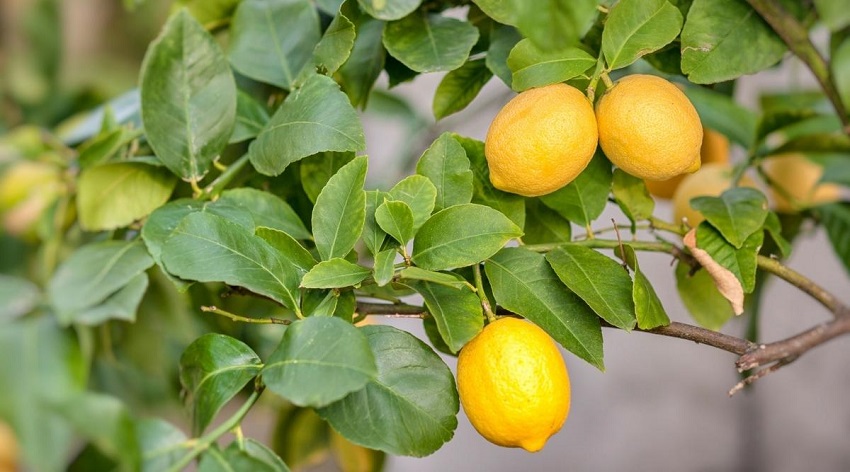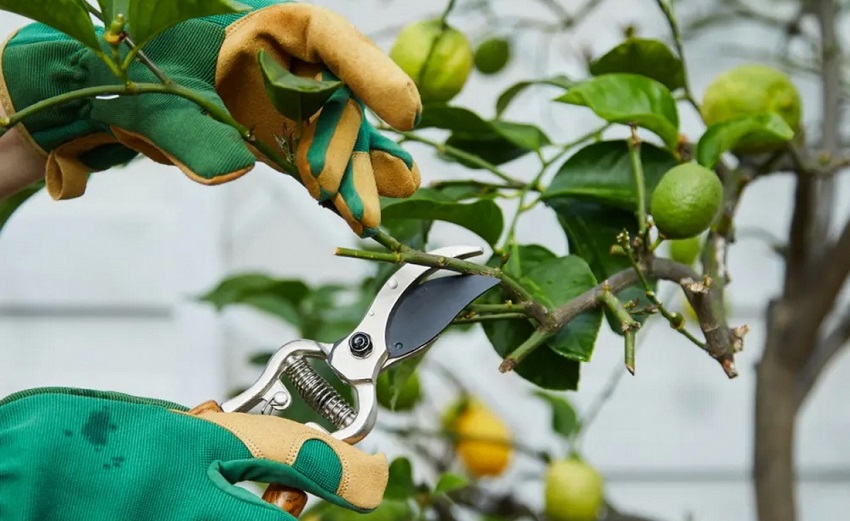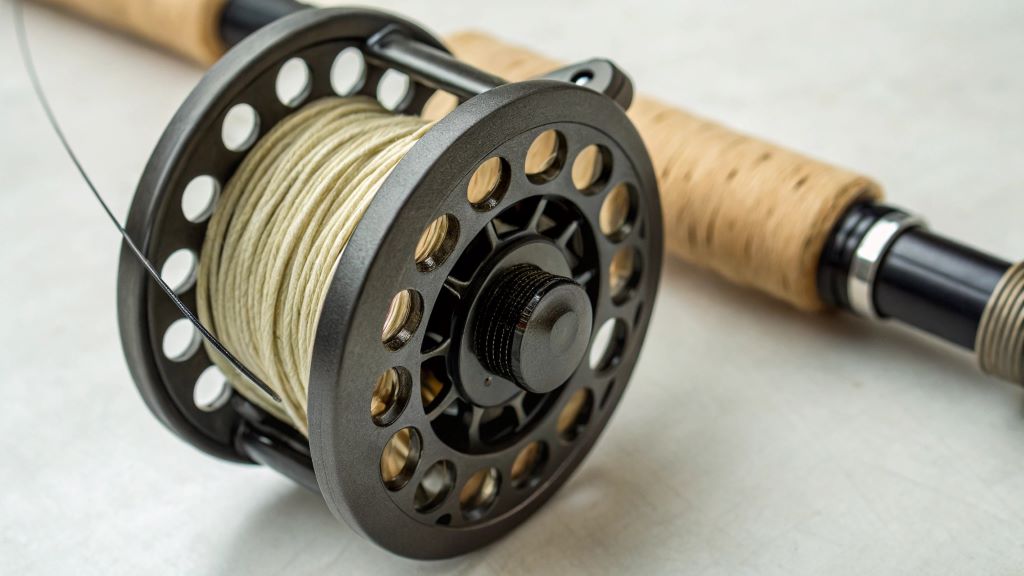Lemon trees are a beloved addition to any garden or orchard. Not only do they provide an abundance of bright and tangy fruit, but they also bring a touch of vibrant greenery to the landscape. If you’re considering planting a lemon tree and eager to see results sooner rather than later, you may find yourself wondering, “Which lemon tree grows the fastest?” In this article, we will explore the different varieties of lemon trees and identify the ones that are known for their fast growth.
The Meyer Lemon Tree
One of the fastest-growing lemon tree varieties is the Meyer lemon tree (Citrus x meyeri). This hybrid citrus tree is a cross between a true lemon and a mandarin orange. The Meyer lemon tree is known for its rapid growth rate, making it a popular choice among lemon tree enthusiasts who are looking for quick results.
The Meyer lemon tree typically reaches a height of 6 to 10 feet (1.8 to 3 meters) and can start producing fruit within two to three years after planting, which is relatively fast compared to other lemon tree varieties. Additionally, the Meyer lemon fruit is highly prized for its sweeter flavor and thin, deep yellow-orange skin.
Not only does the Meyer lemon tree grow rapidly, but it is also well-suited for container gardening. This means that even if you don’t have a large garden or live in a colder climate, you can still enjoy the benefits of fresh Meyer lemon tree growth stages in a pot indoors or on a patio.
Improved Dwarf Varieties
Another option for those seeking fast-growing lemon trees is the improved dwarf varieties. These lemon trees are bred specifically to have a compact size while still producing an abundance of fruit. The compact nature of these trees allows them to grow faster and generally reach maturity quicker than standard-sized lemon trees.
Improved dwarf lemon tree varieties, such as the Improved Meyer Lemon, Ponderosa lemon, and Lisbon lemon, usually reach a height of 4 to 6 feet (1.2 to 1.8 meters) when fully grown. These trees can start bearing fruit within two to three years after planting, making them a great choice for those who want to see results sooner rather than later.
In addition to their fast growth rate, the improved dwarf lemon trees have the advantage of being more manageable in size, making them suitable for smaller gardens or growing in containers. They are also more resilient to adverse weather conditions and can tolerate colder temperatures better than traditional lemon trees.
Growing Conditions for Fast Growth
While choosing the right lemon tree variety is important for fast growth, providing optimal growing conditions is equally essential. Here are some key factors to consider:
Sunlight
Lemon trees thrive in full sunlight, so it is vital to choose a location that receives at least six hours of direct sunlight each day. A sunny spot will ensure that the tree receives the light energy needed for photosynthesis and proper growth.
Soil
Lemon trees prefer well-draining soil with a slightly acidic pH level between 5.5 and 6.5. Amending the soil with organic matter, such as compost or peat moss, can improve drainage and enhance the overall health of the tree.
Watering
Proper watering is crucial for the fast and healthy growth of lemon trees. While lemon trees require regular watering, it is essential not to overwater them, as excessive moisture can lead to root rot and other diseases. Water deeply but infrequently, allowing the top inch of soil to dry out between waterings.
Fertilization
Regular fertilization provides lemon trees with the necessary nutrients for robust growth. Use a balanced citrus fertilizer, following the manufacturer’s instructions, to ensure the ideal nutrient balance. Applying fertilizer in early spring and late summer will support healthy growth and bountiful fruit production.
Pruning
Pruning is an essential practice for promoting the fast growth of lemon trees. Removing dead or diseased branches, as well as thinning out the canopy, allows for better airflow and light penetration, resulting in improved growth and fruiting.
Protection from Cold Weather
If you live in an area with cold winters, it’s important to protect your lemon tree from frost and freezing temperatures. Covering the tree with a frost blanket or moving it indoors during colder months can help prevent damage and maintain the tree’s growth momentum.
Frequently Asked Questions (FAQs)
Q: Can I grow a lemon tree from a seed and expect it to grow quickly?
A: While it is possible to grow a lemon tree from a seed, it is important to note that trees grown from seeds may take several years to bear fruit. They also may not exhibit the same characteristics as the parent tree, so for quicker results and desirable qualities, it is recommended to start with a grafted or cutting-propagated lemon tree.
Q: How often should I water my lemon tree for optimal growth?
A: Lemon trees should be watered deeply but infrequently. Water the tree thoroughly whenever the top inch of soil becomes dry. Be sure to adjust watering frequency based on weather conditions and the moisture-retaining ability of your soil.
Q: Can I grow lemon trees indoors?
A: Yes, lemon trees can be grown indoors, especially dwarf varieties or improved Meyer lemon trees. Place the tree near a sunny window or use grow lights to provide adequate light. Ensure good air circulation and proper drainage to prevent common indoor plant issues.
Q: Do lemon trees require any special care to encourage fast growth?
A: Lemon trees benefit from regular care practices such as proper watering, fertilization, and pruning. Providing optimal growing conditions, including adequate sunlight, well-draining soil, and appropriate fertilizer, will help promote fast growth.
Q: Are lemon trees prone to any particular pests or diseases that might hinder their growth rate?
A: Lemon trees can be susceptible to pests like aphids, citrus leafminer, and scales. Regular inspection and early intervention with organic or chemical pest control methods can help prevent infestations and protect the growth of the tree.
Conclusion
When it comes to finding the fastest-growing lemon tree variety, the Meyer lemon tree and improved dwarf varieties are top contenders. These varieties exhibit quick growth and can start producing fruit within two to three years after planting. By providing the right growing conditions and care, such as proper sunlight, well-draining soil, and regular watering and fertilization, you can help your lemon tree reach its full growth potential and enjoy a bountiful harvest of delicious lemons. Just remember to consider your specific climate and growing conditions to choose the lemon tree variety that suits your needs best.





